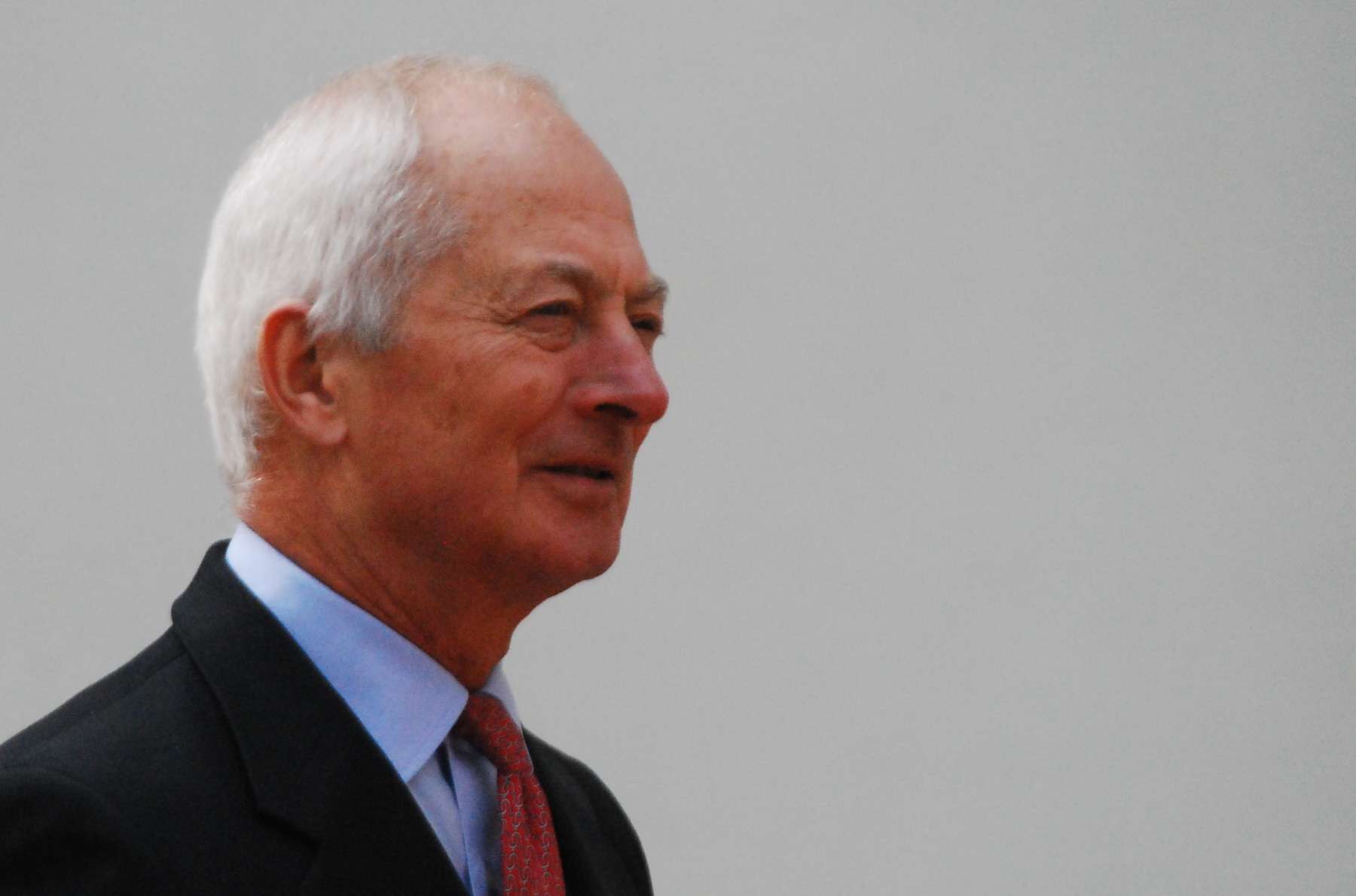Is Liechtenstein a Libertarian Utopia?
Prince Hans-Adam II says open borders, low taxes, free trade, and small government should define "the state in the third millennium."

Liechtenstein isn't just one of the world's smallest countries, it's one of the most prosperous.
Despite having only 37,000 citizens and covering just 61 square miles in central Europe, the microstate has a per capita income of about $100,000, a corporate flat tax of 12.5 percent, and an income tax of 1.2 percent.
Now well-known as a banking and financial hub, the principality wasn't always so flush. In fact, in 1967 the royal family had to sell a prized possession—Leonardo da Vinci's first known portrait—just to keep the country afloat.
Reason's Nick Gillespie talked with the country's leader, Prince Hans-Adams II, at the International Students for Liberty Conference in Washington, D.C., about how Liechtenstein turned itself around while becoming world famous for its banking privacy and openness to immigrants. And he talked with Hans-Adams about his new book, The State in the Third Millennium, which outlines the reforms he brought to Liechtenstein and argues that modern government should treat citizens as customers who have the option to live elsewhere.
About 8 minutes. Produced by Joshua Swain.
Scroll below for downloadable versions and subscribe to Reason's YouTube channel to receive automatic notifications when new videos go live.
Follow Reason on Twitter.
Like Reason on Facebook.


Show Comments (68)